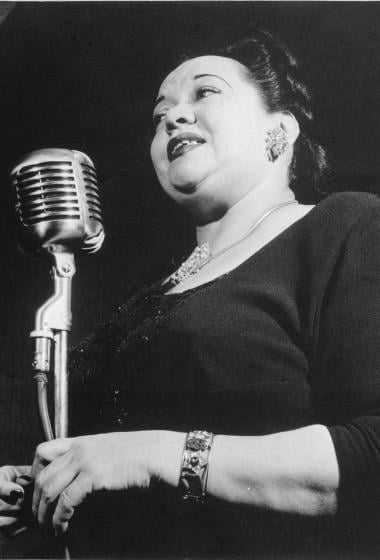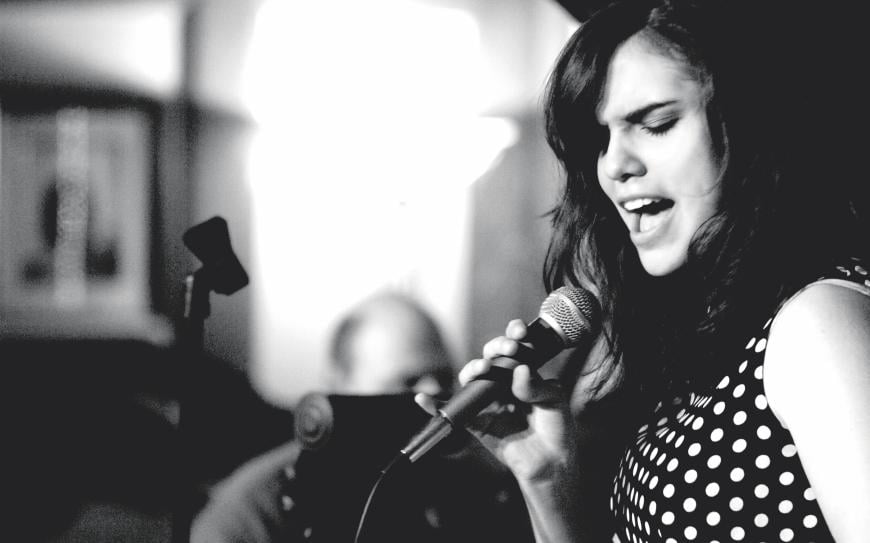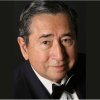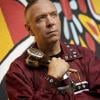
Look up the late Mildred Bailey online, and the first sentence you find will likely mention that she was a Native American jazz singer. Fellow jazz vocalist Julia Keefe, who is a member of the Nez Perce tribe, learned that important fact the old-fashioned way.
“I am a big jazz nerd, and I have been that way since my junior high days,” declares Keefe, who brings her Mildred Bailey Project to the SFJAZZ Center’s Joe Henderson Lab on Aug. 16. Back then, she was attending Bing Crosby’s alma mater, Gonzaga Preparatory School, in Spokane, Washington, and was excited to read his autobiography, Call Me Lucky.
“In it, he mentions Mildred Bailey as someone he was very fortunate to know early in life. She had all the latest records and helped him with his start,” Keefe explains in a phone interview from her home in Brooklyn. “I had never heard of her before, so that piqued my interest

“I learned that Mildred Bailey was the first woman to sing in front of a big band [Paul Whiteman and His Orchestra] starting in the late 1920s, and she was Indigenous,” Keefe continues. “Her mother was an enrolled member of the Coeur d’Alene Tribe, but Mildred is an artist who’s largely been forgotten — especially as an Indigenous person. During that time period, there was a sort of loose acknowledgement of her [Indigenous heritage] but certainly not a celebration.”
For jazz audiences these days, a female vocalist backed by a big band is a familiar setup. To be able to trace that practice back to a particular pioneer — and an Indigenous one at that — was revolutionary for young Keefe.
“To be that first sort of person to really change the soundscape for generations — that’s a huge contribution. And that one of our own played a crucial role in the development of jazz should be a huge source of pride for people in Native and Indigenous communities,” Keefe says.
“So a big part of what I do is perform the songs that she sang, which are primarily from the Great American Songbook, but I also talk about her contributions to [this music] and the participation of Indigenous people in jazz from the early days,” Keefe adds.
“I’ve been working on my Mildred Bailey Project since I was about 15. As a young vocalist, I found it really, really difficult to talk onstage because I’m an awkward human in general. I tend to ramble. So being able to talk about someone else was useful for me in training myself in how to interact with an audience in a genuine way.”
Keefe cites another jazz legend (who was also inspired by Bailey) as a very early presence in her life. “My earliest musical memory was actually listening to Billie Holiday. I have this vivid picture in my mind of being 4 years old, and my mom had a Billie Holiday greatest hits album,” Keefe recounts. “There was one song, ‘No More,’ that just stayed in my ear and kind of haunted my childhood.
“It’s such an interesting tune and a really strange choice for a 4-year-old to latch on to,” Keefe says with a chuckle. “The melody is not super diatonic. And the lyrics are basically, ‘This guy isn’t going to bother me anymore.’”

Born in Seattle, Keefe and her family moved to a reservation in North Central Idaho. That put her about 75 miles southeast of Moscow, home of the Lionel Hampton Jazz Festival at the University of Idaho. “Jazz is a huge focal point for music programs in the Inland Northwest because of the Lionel Hampton Festival,” Keefe reports.
After earning her bachelor’s degree from the famed Frost School of Music at the University of Miami, she lived in Southern California for three years before earning a master’s degree at Manhattan School of Music. For her San Francisco show, she’ll be leading a quartet with locally based pianist Keith Saunders, bassist Sezin Ahmet (whom Keefe met and first played with when she was living down south), and drummer Adam Benham (who also grew up in Spokane and now resides in Brooklyn).
The quartet is part of SFJAZZ’s Indigenous Songbook week, which closes out the presenter’s 2024 Summer Sessions (along with the Preservation Hall Jazz Band in Miner Auditorium). “This whole series that SFJAZZ is putting together with Delbert Anderson [on Aug. 15] and Ernie Watts [on Aug. 18] is really cool,” Keefe remarks. “It’s showcasing the historical precedent for Indigenous people in jazz.”
In addition to her Mildred Bailey Project, Keefe is also the founder of the Julia Keefe Indigenous Big Band, which includes members from Native Alaskan, Canadian, and Caribbean tribes. A nonet version of that group, rebranded as the Julia Keefe Indigenous Ensemble, will make its Golden State debut at the 2024 Monterey Jazz Festival on Sept. 29. The full big band is scheduled to perform at Stanford University’s Bing Concert Hall on Feb. 19, 2025.
While Keefe doesn’t currently lack for musical or creative outlets, she can recall a time when she had several side hustles going, including dog walking in Los Angeles and working at a hot yoga studio in West Hollywood. “Having the Mildred Bailey Project to constantly refine as I was working those other jobs really kept me going,” Keefe says.
“I call Mildred my North Star.”




